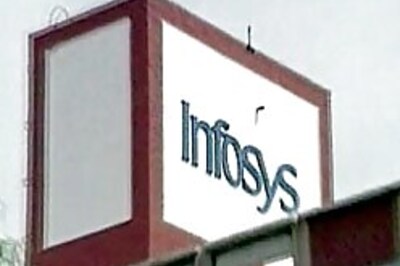
views
BANGALORE: Deputy Chief Minister of Bihar and Chairperson of Empowered Committee of State Finance Ministers Sushil Kumar Modi, on Friday, said the country was “nearing the implementation of the goods and services tax (GST).” Delivering the inaugural address at a one-day seminar on ‘Taxation of supplies of Goods and Services: Issues relating to state policy, governance and welfare’ organised by National Law School of India, University and Planning Commission of India, Modi said the GST would be a game-changing reform in the country.He said, “I feel that GST would enable easy business in India, apart from increasing the GDP by at least 2 per cent. An Indian investor has to face different laws and statutes in different states. Further, the GST will reduce the load of taxes and Indian manufacturing will become competent in world markets to face China and European nations.”He added that Parliamentary Standing Committee on Finance will commence discussions on the 115th Constitutional Amendment Bill, 2011 from June 8. “If things go smoothly and the Centre is flexible enough, I think in the coming days, we will be able to implement GST,” he said. The GST is an indirect tax that would replace existing levies such as excise duty, service tax and value-added tax (VAT). The states and the central government will impose the tax on almost all goods and services produced in India or imported.Addressing some of the concerns raised by state governments over the introduction of GST, Modi said, “States are apprehensive about the possibility of revenue loss with the coming of GST. Similar concerns were voiced with VAT was introduced, but the subsequent experience with VAT has dispelled such fears. There may be losses initially, which can be addressed by a compensation mechanism.”Responding to fears that the states would lose out on their fiscal autonomy, Modi said, “The idea behind the proposed mechanism is to evolve a harmonised tax on of a national common market. If Europe, with separate constitutions in each country, can have a common market, why not India?”



















Comments
0 comment